The ARMORFORM® Advantage
Mobilization
Simple Job Mobilization
ARMORFORM® can be rapidly shipped anywhere in the world. Simply shipping the lightweight forms leads to freight cost savings. Additionally, the concrete can be procured from a local supplier, which leaves less markup for the end user.
Installation
Ease of Installation
ARMORFORM® Fabric Forms are delivered to the job site ready to fill. Installation consists of preparing the area, laying out the fabric forms, and filling them with concrete through a small-line concrete pump. No additional forming materials (wood, steel, etc.) or concrete finishing is required. The fabric forms themselves to ensure that the concrete assumes the proper configuration, contours, dimensions, and thickness. A small crew can handle the installation, and fabric forms can be installed without dewatering the site.
Equipment
Minimal Equipment
Once the job site is prepared, simple hand tools and a concrete pump are all that are needed. Pumping can be performed from up to 800 feet away, reducing the need for large handling equipment or access improvements. Issues with remote and limited access are significantly reduced.
Hydraulics
Management of Hydraulics
Many ARMORFORM® Fabric Forms construct concrete linings and mats in various patterned surfaces. These patterns create low or high hydraulic friction coefficients, depending on the selected product. These options mean designers can affect the flow characteristics of a channel, creating the opportunity for an "engineered" hydraulic system. By choosing the correct style of form, in-channel flow can be slowed, reducing downstream velocities and discharge turbulence, or a hydraulically efficient, smooth form can be chosen to maximize drainage from a given area.
Many styles of ARMORFORM® are manufactured with built-in filter drains that reduce hydrostatic pressure, while others can be retrofitted with weep tubes to allow proper relief.
Fit to Field
Adaptation to Soil Contours
Filled-in-place fabric forms accommodate uneven contours, curves, and sub-grades at the time that they are filled. Consequently, the soil and the concrete protection are in intimate contact, reducing the chance of underscour. Some forms create discrete concrete units attached to each other with fabric perimeters and/or embedded cables. As a result, the concrete mats can articulate to adapt to uneven settlement.
Engineering Support
Experienced Personnel
- Our staff engineers complete thorough plan reviews and assist the project consultant or contractor with a value-engineered alternative to conventional products.
- Our engineers can perform hydraulic stability calculations to support project consultants with an accurate product selection.
- Using the latest in Civil 3D drafting software, our design team will meticulously construct a panel layout and fabrication drawings.
- A complete submittal package, including specifications, details, drawings, material data sheets, material certifications, etc., will be provided.
- Our staff of experienced construction personnel assists with evaluating the realistic installed cost of our products for use in budgeting or engineers' opinion of probable cost
Industries & Applications
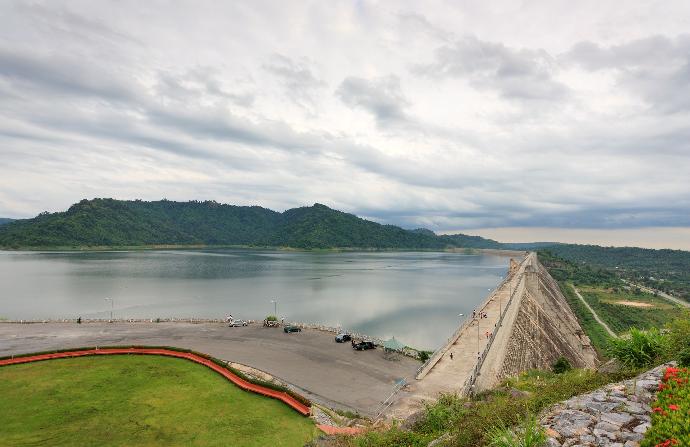
Infrastructure
- Highways and Bridges
- Ports, Harbors and Waterfronts
- Dams and Levees
- Airports
- Railways
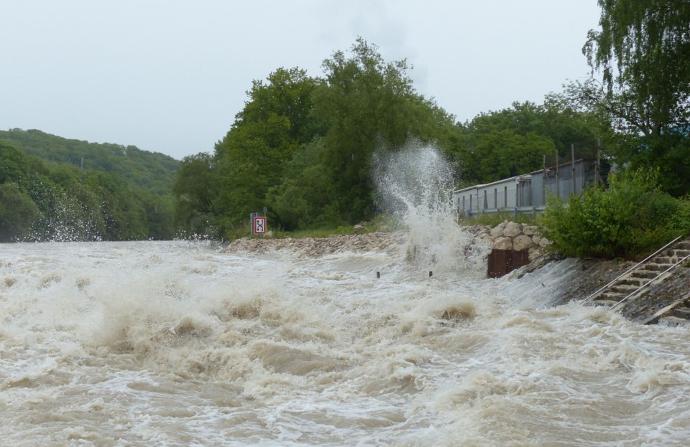
Water
- Rivers, Canals and Inland Waterways
- Locks and Dams
- Coastal and Marine
- Storm Wate
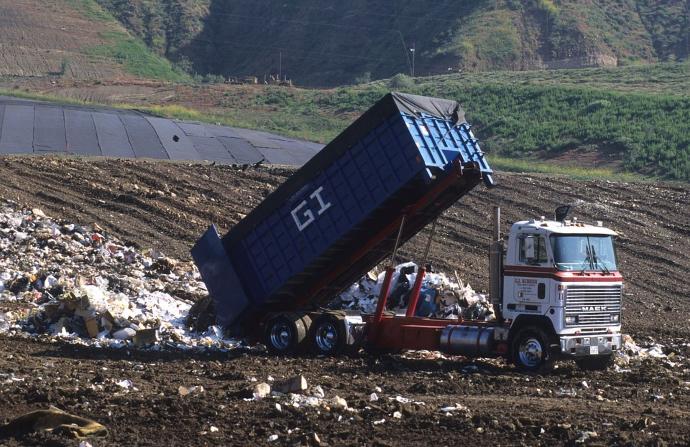
Environment
- Waste Management
- Waste and Wastewater
- Industrial Waste
- Mining
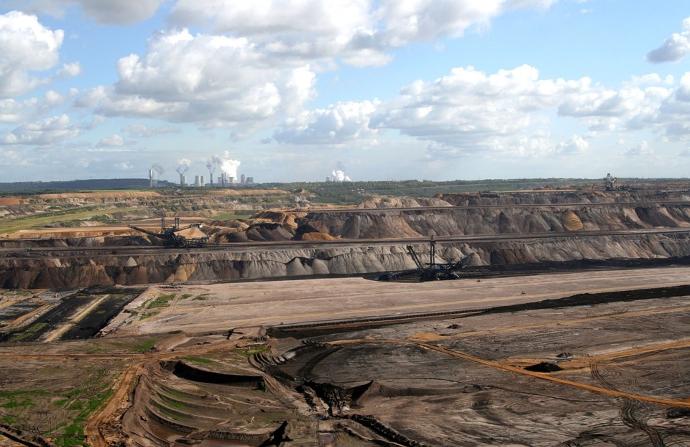
Energy
- Conventional Generation
- Hydropower
- Nuclear Power
- Oil and Gas – Offshore/Onshore
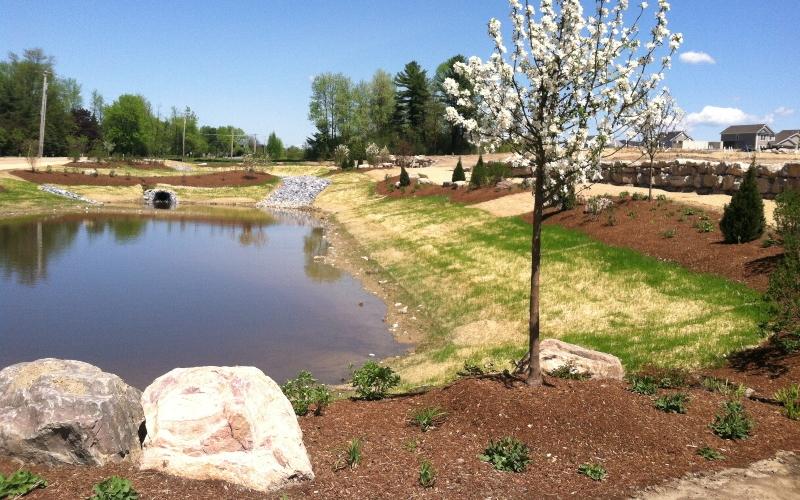
Linings
- Storm Sewer Outfalls
- Channel Lining
- Ponds
- Levee Protection
- Embankments
- Geo-membrane Ballast/Protection
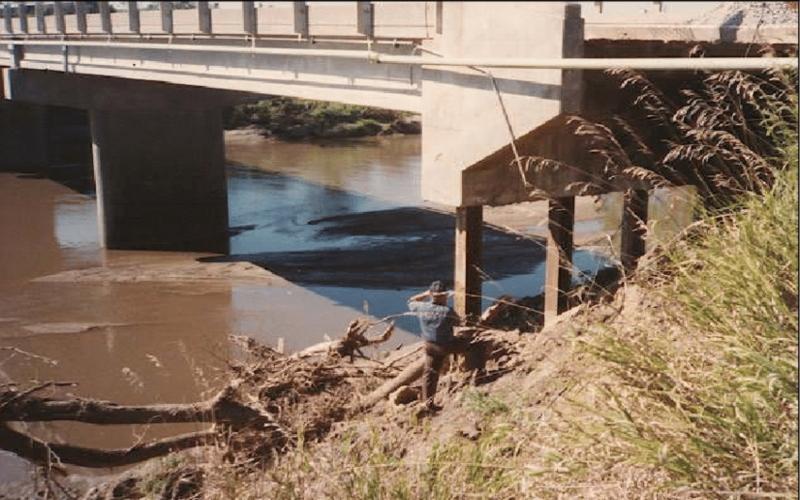
Scour Protection
- Spillway
- Dike Groin
- Repair of Stone Jetties
- Seawalls
- Bridge Abutments
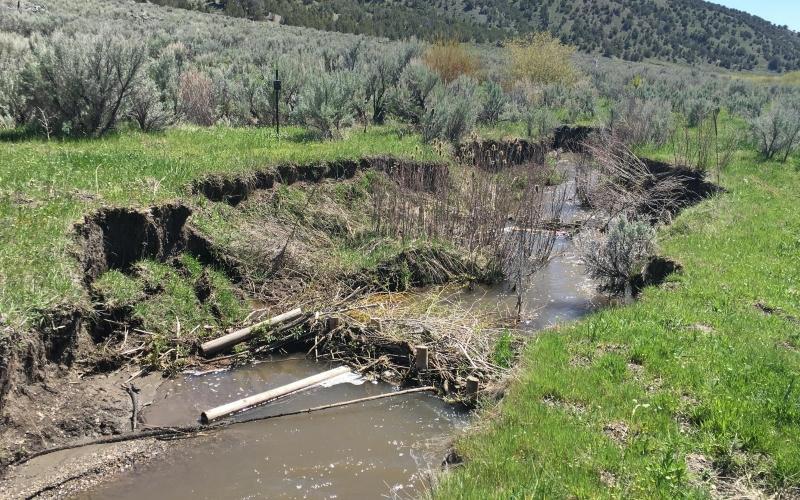
Erosion Control
- Pipeline Shallow Cover
- Retaining Walls
- Foundation/Footing Supports
- Shoreline Revetments
- Rivers/Channels
- Streambank
